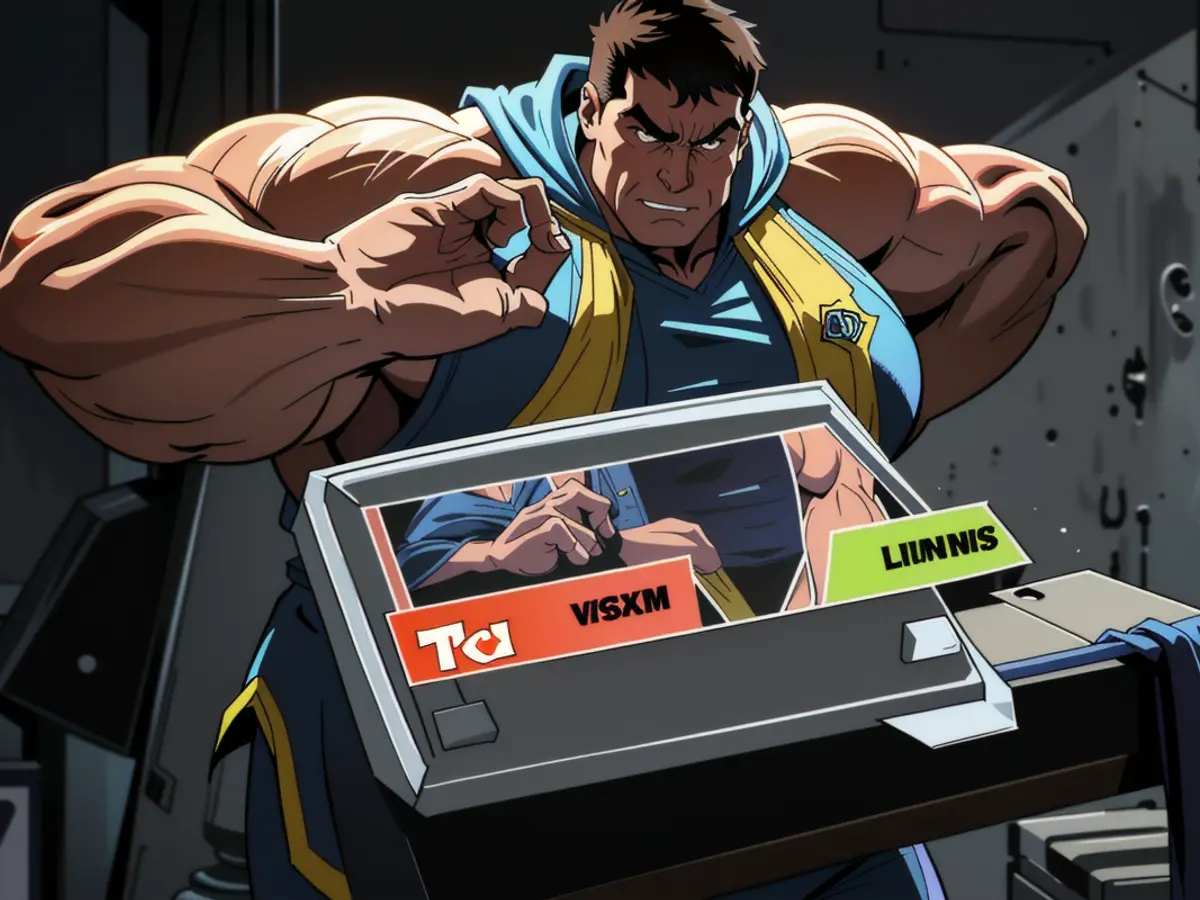Today saw continued volatility in Rivian's stock. Could this turbulence signify a buying opportunity?
Rivian Automotive (RIVN decreasing by 2.98%) has seen its shares go through a series of ups and downs post the U.S. election on November 5th. A drop in share price following Donald Trump's victory was swiftly followed by a surge, resulting from company-specific news.
However, Rivian's stock is closing the week on a somber note, with shares declining by 5.9% as of 1:15 p.m. ET. This decline is due to increasing speculation among analysts about how the incoming presidential administration may hamper the growth plans of this electric vehicle (EV) newcomer. But it's also a potential buying opportunity if the predictions turn out to be incorrect.
How susceptible is Rivian?
The initial reaction among investors in the EV sector to Donald Trump's election was one of apprehension. Although Trump has publicly expressed disdain for electric vehicles, he has a close relationship with EV pioneer and Tesla CEO, Elon Musk. However, there are growing anticipations that the new administration may cancel existing tax incentives for EV buyers.
Currently, there are limits to these incentives, such as the vehicle's price and the buyer's income level. As of now, Rivian's offerings are usually priced above the threshold for these incentives. But a loophole in the law extends these incentives to all leased vehicles, and over 40% of Rivian's sales in the third quarter were in the form of leases, according to Barron's.
Moreover, Rivian's anticipated R2 EV platform is expected to be priced around $45,000, falling within the current incentive eligibility range. However, this won't be available until 2026. The sector could experience substantial changes before then. With Elon Musk holding a significant influence in the upcoming administration, it remains to be seen if his support for electric vehicle adoption will persuade Donald Trump and others.
Musk has expressed no objection to abolishing the existing tax incentives. Tesla is currently profitable, and it can adapt to lower selling prices to stimulate consumer interest. However, he advocates for the overall industry's success, and it's too early to predict what might transpire in the upcoming administration.
Investors might be cautious about further investing in Rivian due to the potential impact of the incoming presidential administration on EV tax incentives. Despite Rivian's current offerings being priced above the incentive threshold, the anticipated R2 EV platform, priced at $45,000, could benefit from these incentives once available in 2026.
The finance sector closely monitors the ongoing discussions regarding the future of EV tax incentives, as they can significantly impact the buying decisions of potential customers and the financial health of EV newcomers like Rivian.








